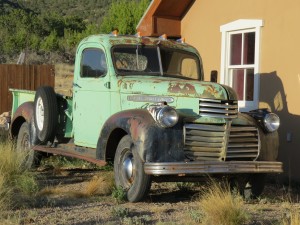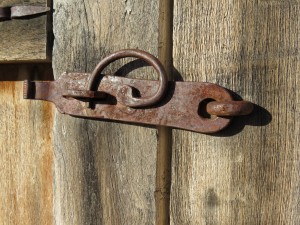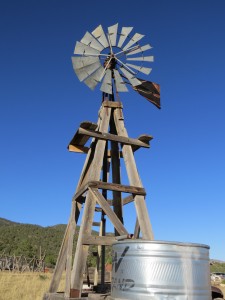Traveling and Trading Across the American Southwest:
by Maridel Allinder
Dr. Harold Finkelstein belongs to a disappearing breed – the traveling trader driving the dusty roads of the American Southwest in search of Native American art. In today’s instantaneous world of online shopping, he is a trader who visits many remote home workshops every year, purchasing from artists whose families have made jewelry, carvings and other artwork for generations.
He has collected and sells both contemporary and vintage Native American jewelry, hand-carved Zuni fetishes and other works of art.
“Every piece was handcrafted in a home workshop,” says Finkelstein, “Every artist I represent works with family designs and techniques, many of which have been passed to the younger artists.”

ORIGINS
A New Jersey native who holds three degrees in mathematics, he was a faculty member at Emory University for a number of years, before turning his full attention to teacher training, which ultimately brought him to the Southwest.
“I developed some techniques for helping teachers improve their teaching,” says Finkelstein, whose methodology focused on the challenges of teaching Native American children. “I began going directly to schools to work with teachers in their classrooms.” As an educational consultant, he traveled to reservations and pueblos throughout Arizona and New Mexico training teachers. On these trips, he began buying and collecting jewelry and crafts as a hobby.
“I started buying art in the late 1970s when I first visited Zuni,” says Finkelstein, who trained teachers at the pueblo located 150 miles west of Albuquerque. “I would buy two pieces, one to sell and one to keep. That’s how I started building my business as a trader and collector.”
For the past 35+ years, Finkelstein has purchased directly from artists and sold their work to galleries, museum shops and specialty retailers. He has also developed an international reputation as an expert on Zuni fetishes, small carvings of animals used for ceremonial purposes.
LOOKING AHEAD
Finkelstein is currently working on an in-depth book about Zuni fetishes. In 1994 he published a very popular monograph, “Zuñi Fetish Carvings”. He is also starting to sell pieces from his personal collection. “I’m approaching 75,” he says. “I have more than I can enjoy. My daughters love Native American art and jewelry, but how many pieces can a person have? I want to make decisions about my collection before they have to.”
From his home near Ruidoso, NM, Finkelstein makes the six-hour road trip to Zuni on a regular basis to place orders and pick up commissions. He still prefers to buy, sell and trade the classic way: in person.
“I used to travel throughout the country selling art, but now the farthest east I go is Oklahoma,” he says. “It’s a matter of time, age, and wear and tear. I still travel about 40,000 miles a year. I’m one of the few traveling traders left. I’m a vanishing breed.”



